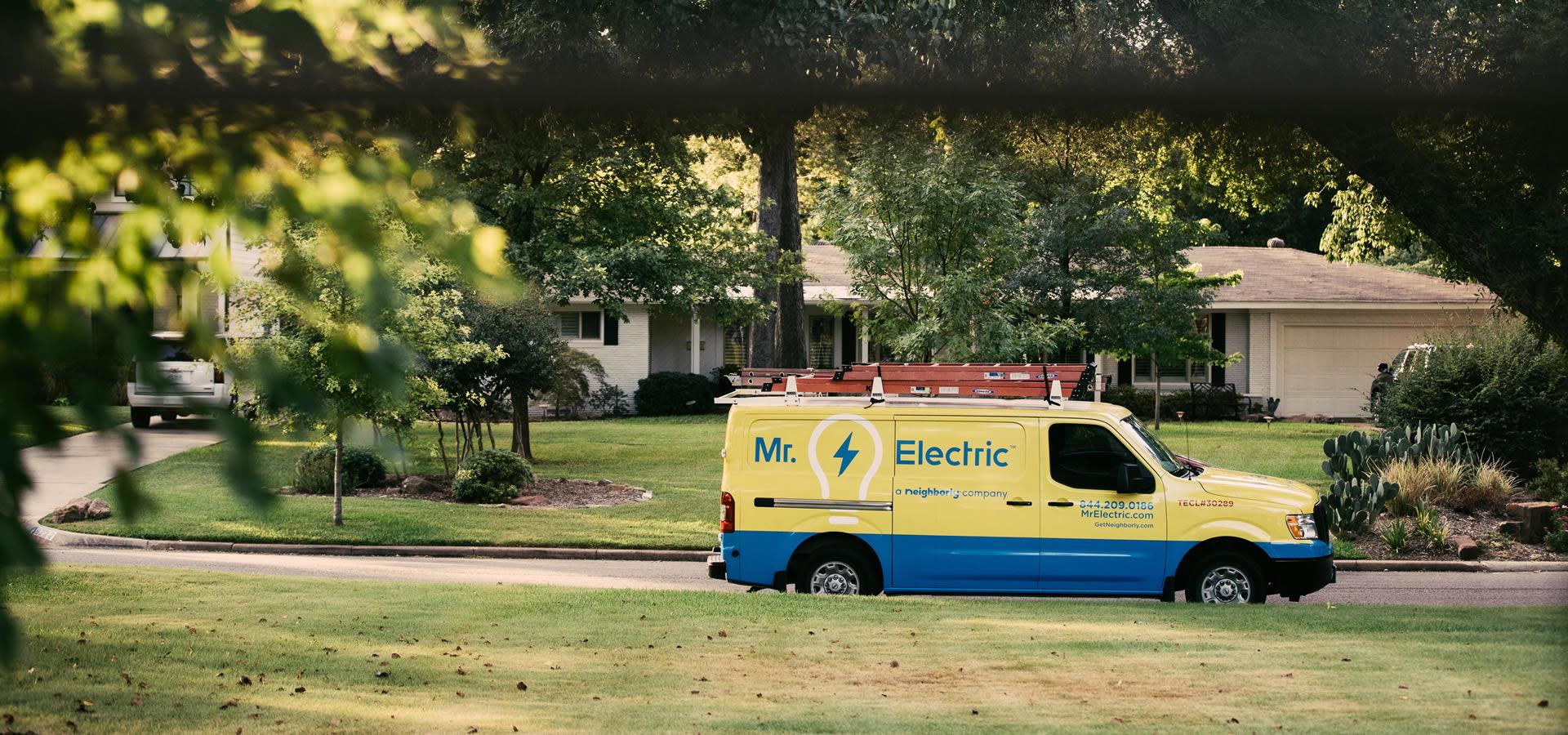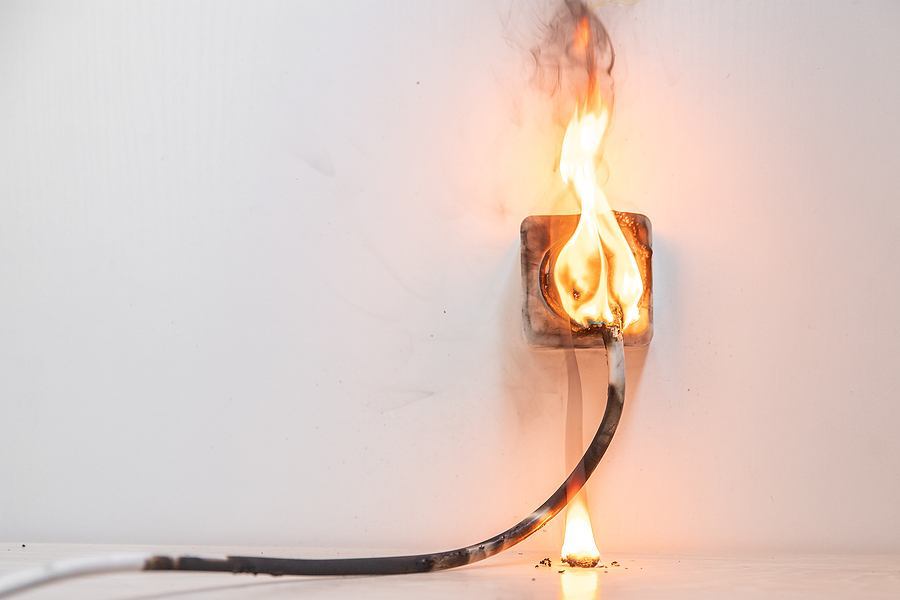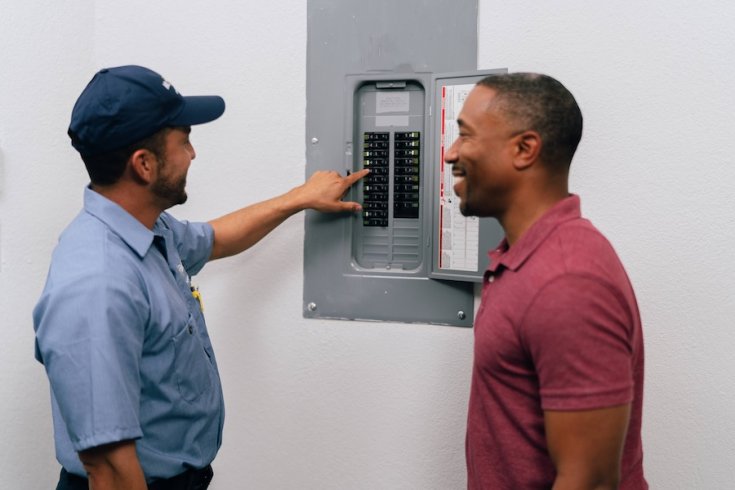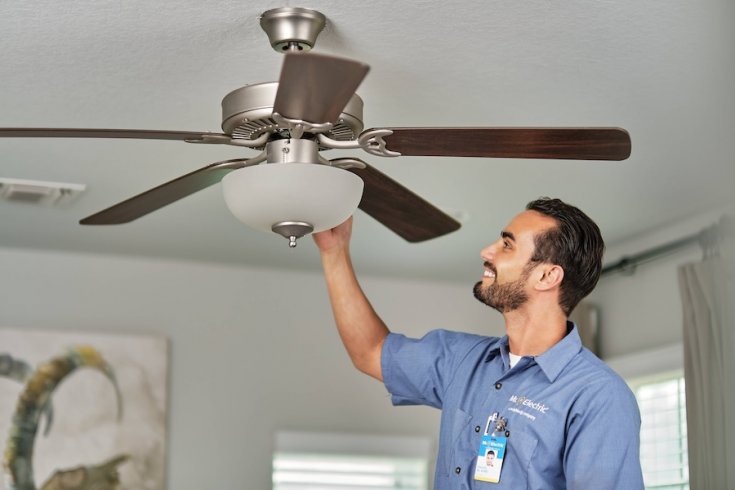How to Safely Extinguish an Electrical Fire
An electrical fire is not something you want to experience in your lifetime, but fires do occur in homes and business premises. A malfunctioning appliance with internal electrical issues can overheat and start a fire. In some cases, faulty electrical outlets and wiring can cause sparks and ignite nearby flammable materials. While taking preventive measures is the best thing to do to prevent electrical fires, it's also important to know how to safely extinguish an electrical fire.
At Mr. Electric, we are committed to ensuring electrical safety in homes and businesses by offering professional electrical services, including electrical inspection and routine maintenance. If you're looking for a qualified and experienced electrician to carry out electrical work on your property, reach out to Mr. Electric. In this post, we will explain how to put out an electrical fire.
- Your Safety Should Always Come First
Electrical fires can be extremely dangerous. You should never put yourself in danger by trying to extinguish an electrical fire if you don't know how to safely do it. If the fire is large and spreading fast, evacuate the area immediately and call 911. Report the location and nature of the fire. Do not pour water on the fire, as it increases your chances of being electrocuted.
- Disconnect The Electricity Supply
If you're confident in your ability to put out the fire, disconnect the electricity supply to reduce the chances of the fire spreading. Again, we insist that you only disconnect the electricity supply if it's safe to do so. If an appliance is the source of the fire, unplug it to cut the electricity supply and make it easier to extinguish. For a bigger fire that has spread out, turn off the electricity at the breaker panel.
- Smother The Fire With Baking Soda
Baking soda works for small electrical fires. Maintain a safe distance, and slowly pour baking soda over the base of the fire to smother the flames. However, you should opt for this method if you don't have a Class C fire extinguisher.
- Use A Class C Fire Extinguisher
This is the best way to extinguish an electrical fire. Electrical fires are classified as class C fires, so you need to use a fire extinguisher that has a C rating. These are the steps to follow to put out an electrical fire using a fire extinguisher:
Step 1: Pull the pin to release the locking mechanism and allow you to discharge the extinguisher.
Step 2: Aim the nozzle at the base of the fire, not the flames themselves.
Step 3: Squeeze the handle to discharge the extinguishing agent.
Step 4: Move the nozzle in a sweeping motion (side to side) to cover the entire fire area. Remember to maintain a safe distance, ideally around 3-6 feet.
How To Avoid Electrical Fires
- Call a qualified electrician to update your electrical system
- Replace damaged electrical outlets.
- Unplug appliances when they're not in use.
- Keep flammable materials away from electrical appliances and outlets.
- Install GFCI outlets in areas prone to moisture.
Call Mr. Electric For Professional Electrical Repair Service
If your electrical system is in disrepair and you're in need of reliable electrical repair service, call Mr. Electric for help. Our licensed and insured electricians will conduct a comprehensive electrical inspection and restore your electrical system to good working order.







